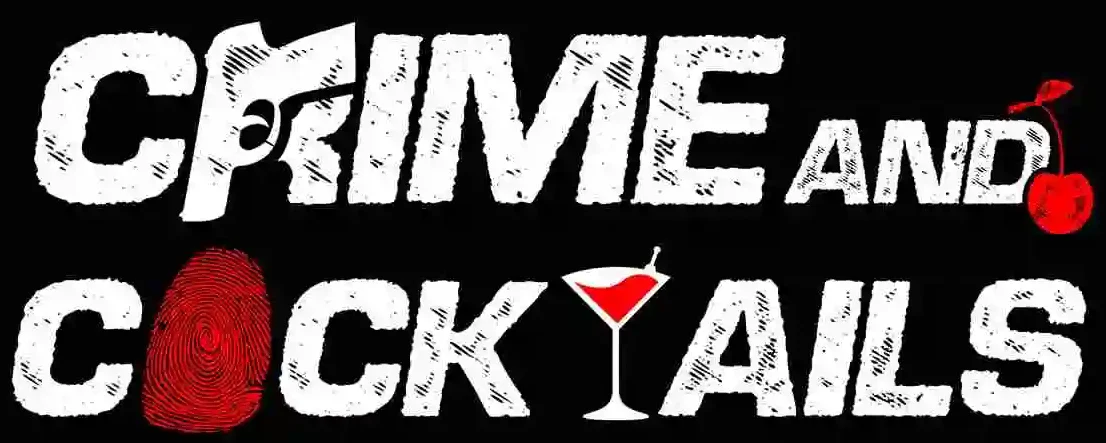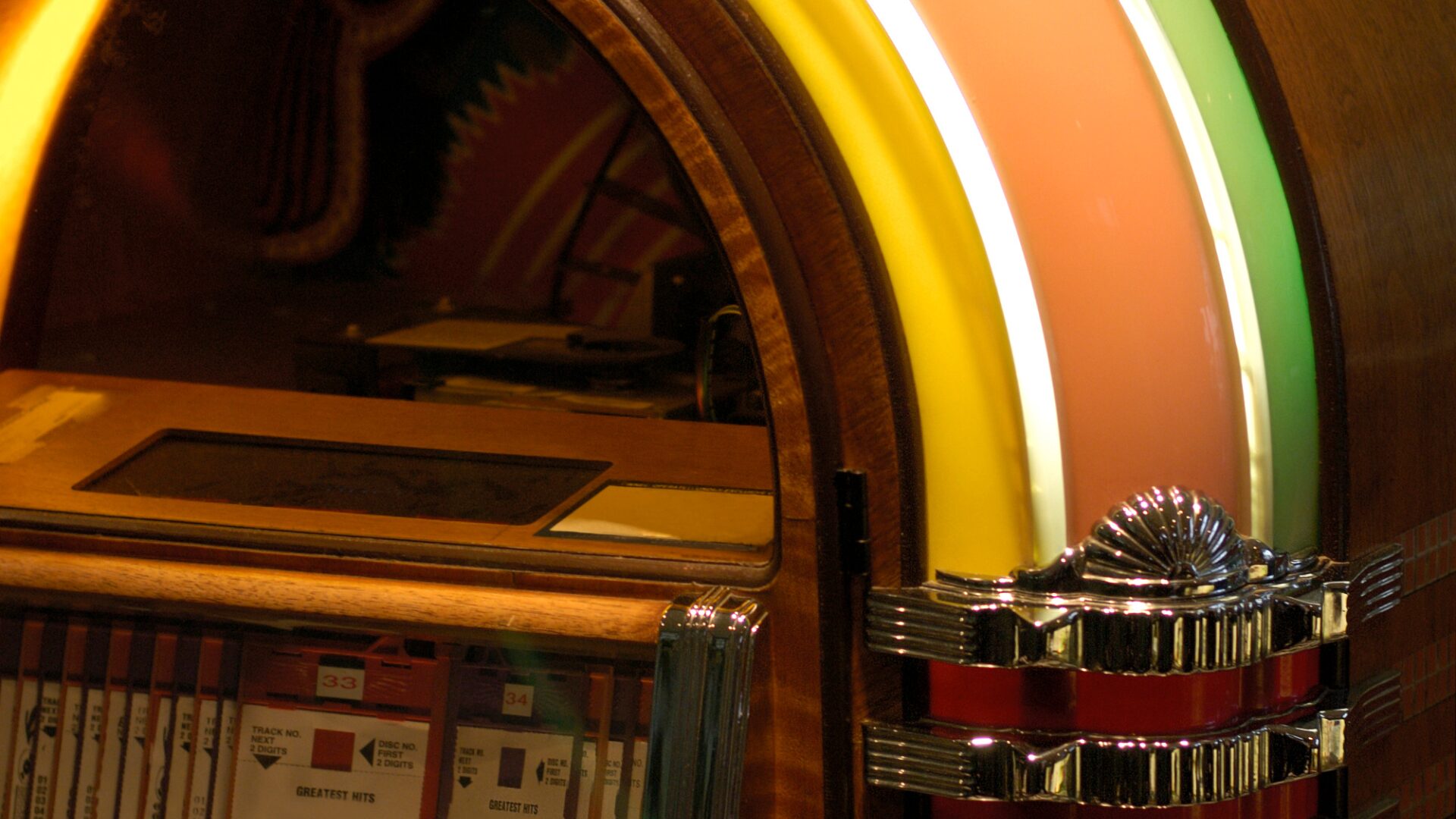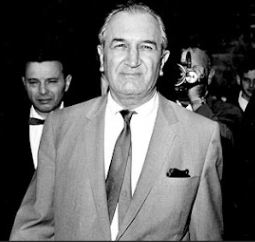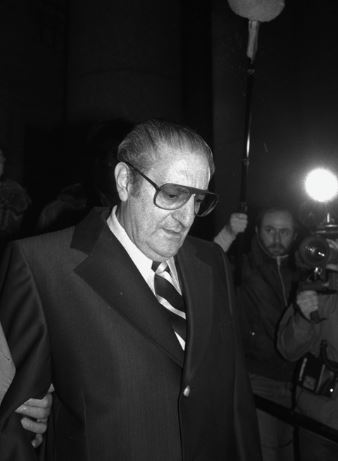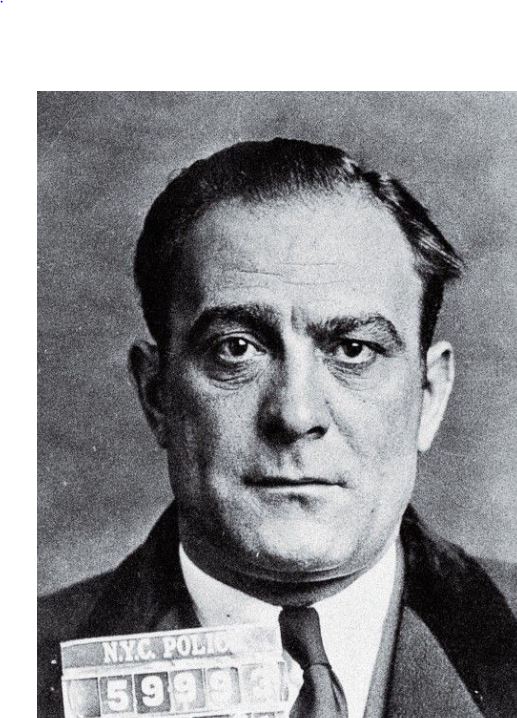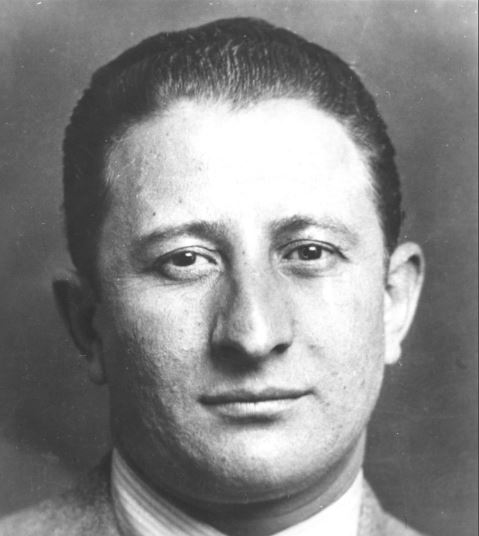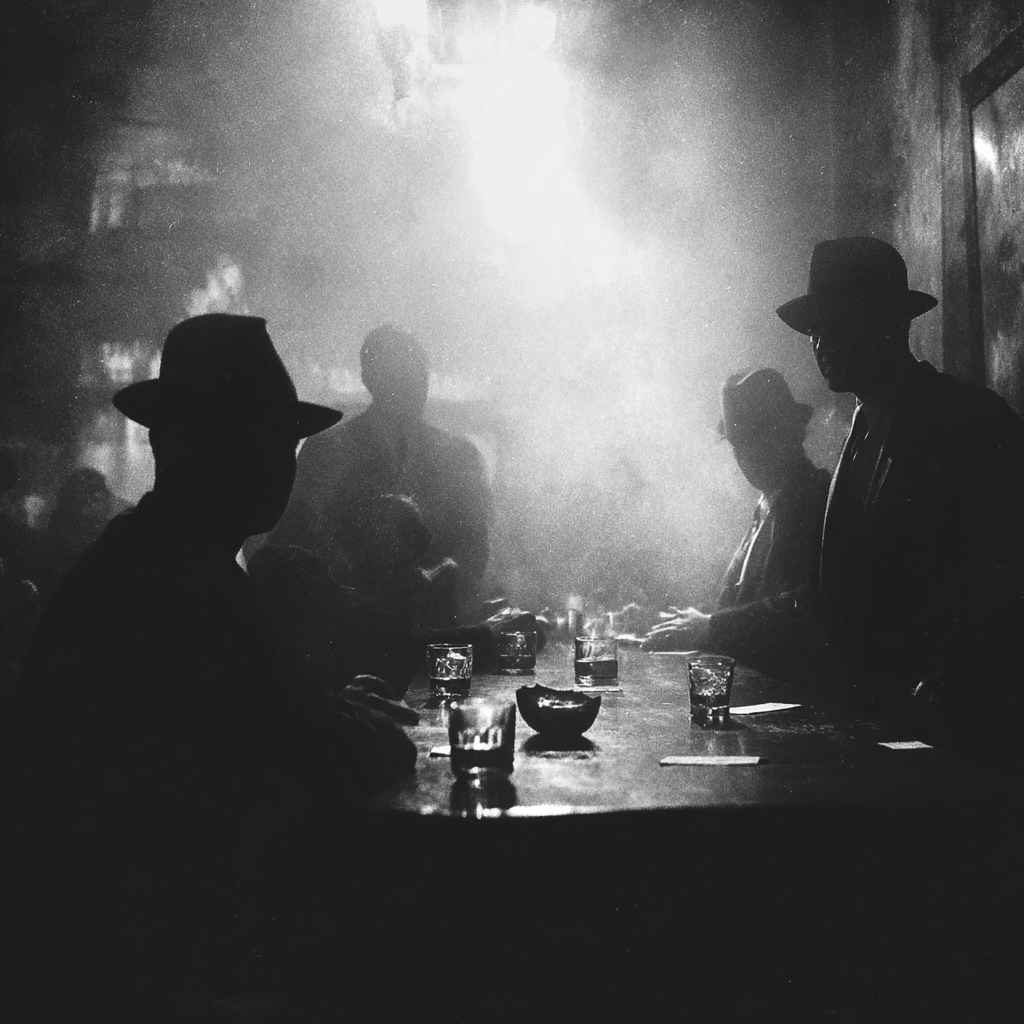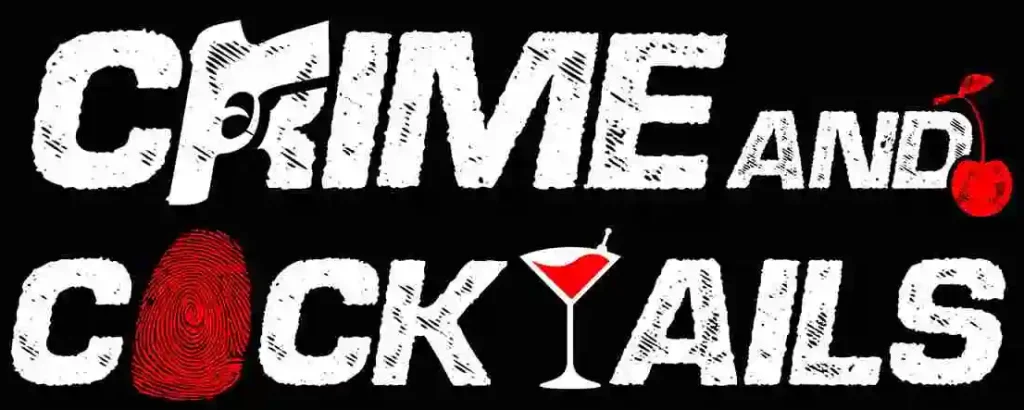The echo of a jukebox once meant joy. A fistful of dimes, the needle sliding into a groove, and suddenly the bar came alive with Sinatra, Presley, or Dion and the Belmonts. But behind that soundtrack of mid-century America was a dark current of extortion, violence, and betrayal — orchestrated by a man known only to his victims and FBI handlers as Jukebox Smitty.
Fred “Jukebox Smitty” Smith wasn’t just another street enforcer. He was the silent needle scratching into the soul of the vending machine industry — a union man turned racketeer, turned federal snitch. In the smoke-hazed alleys and neon-lit lounges of 1950s Chicago, Smitty ran the Outfit’s jukebox empire like a butcher with a ledger. And for decades, nobody saw the blade until it was buried in their back.
The Sweet Sound of Shakedown
By the mid-20th century, jukeboxes were everywhere — corner diners, mobbed-up taverns, pool halls with stained felt tables and dust-thick air. In Chicago alone, over 10,000 machines pumped out tunes and cash, and where cash flowed, the Outfit followed.
Smitty’s entrance into this world wasn’t by chance. Born in 1904 to immigrant parents, Fred Smith rose through the Teamsters and earned his bones under Eddie Vogel — a Capone-era gangster with a cigarette in one hand and the city’s vending machine routes in the other. By 1940, with the blessing of corrupt electrical union boss Michael Boyle, Smith was installed as the czar of Chicago’s jukebox industry.
But this was no legitimate union gig.
Smith rewrote the jukebox playbook into a symphony of extortion. Operators were forced to join a bogus “association” or see their machines trashed with bats, booze, or worse — dynamite and acid weren’t off the table. If they didn’t pay up, the wiring was flooded with liquor, the glass shattered, and their inventory torched. One whisper from Smitty, and a vendor’s business was erased from the map like a skipped record.
He didn’t just want a cut — he wanted it all.
Smith forced operators to buy overpriced, often counterfeit records from companies controlled by mobster Charles English. He extorted quarterly fees for “union stamps” that he controlled. Every aspect of the jukebox racket — from placement to playlists — was dictated by Smith and his iron fist.
It was said Smith and his crew raked in upwards of $150,000 a year, in an era when that kind of money meant you controlled more than jukeboxes — you controlled judges, cops, aldermen. The extortion spilled over into vending machines for cigarettes and games. Everyone paid.
And when they didn’t, they bled.
The Outfit’s Man in the Union
Smith was a union boss on paper, a street-level general for the Outfit in truth. His muscle came from his alignment with Murray “The Camel” Humphreys — the Outfit’s labor racket mastermind. Together, they made the city’s vending scene a silent front line in a war of intimidation.
Smith claimed — with a smirk, no doubt — that all of it was to protect the vendors. “Neither I nor the old man got a quarter from this venture,” he once told investigators. It was a line so absurd it might’ve made a jukebox laugh if the wiring wasn’t soaked in bourbon and fear.
In 1958, the glare of the spotlight became too bright. After years of headlines and heat, Humphreys forced Smith out of the union. But retirement didn’t mean irrelevance — Smith continued to pull strings from the shadows. He still had the contacts. He still had the dirt.
And, as it turned out, he had a secret.
The Mobster Who Talked
February 25, 1964. Somewhere in the gray edges of Chicago’s outskirts, in the backseat of an FBI agent’s car, Fred Smith started talking.
Codenamed “CG 6729” in classified reports, Smith met several times with agent Robert J. Tompkins Jr., spilling years of Outfit secrets. The man once feared for leveling entire vending businesses was now whispering names, rackets, and mob murders to the Feds. He never testified — wouldn’t even enter a hotel for meetings — but he gave the Bureau what it lacked: a brain inside the Outfit.
New York had Joseph Valachi, the rat who named the Five Families and taught the world the words La Cosa Nostra. Chicago had Fred Smith, the jukebox butcher turned reluctant snitch.
Smith confirmed what agents had suspected and added more: the internal hierarchy, the ethnic fault lines (Italians held the titles, but men like Guzik, Humphreys, and Vogel pulled the strings), the requirement to earn membership through blood. He even explained that the Chicago mob hated the term “La Cosa Nostra” — too East Coast. Here, it was “The Outfit,” “The Mob,” or sometimes, the old-world “Unione Sicilione.”
Smith was old school. He knew the weight of words, and he feared the weight of betrayal — even as he committed it.
The End of the Record
The jukebox’s reign came to an end in the 1960s and 70s, as transistor radios and cassettes made the machines obsolete. Alongside them, Smitty’s kingdom shriveled. The Outfit moved on — heroin, casinos, unions, real estate.
In 1967, when dragged before the Illinois Crime Commission, Smitty once again played his favorite tune: the Fifth Amendment. Twenty-three times. No encore.
Six months later, Jukebox Smitty dropped dead of a heart attack. He was 63, divorced, buried in Mount Carmel Cemetery — a stone’s throw from Capone himself. To the world, he died a loyal soldier. The truth? He died a ghost in the machine, his whispered secrets preserved in FBI files labeled with nothing but a code.
Legacy of a Double Life
Smith’s betrayal was never discovered by the Outfit — a rare feat in a world where betrayal meant a bullet in the backseat or a quiet ride to the Indiana dunes. The FBI praised his knowledge, called him a “credible source with excellent potential.” He didn’t know it all, but he knew enough to reshape the Bureau’s understanding of Chicago’s criminal web.
He was a thug. An extortionist. A union parasite. But he was also something else — the Outfit’s Achilles’ needle.
Fred “Jukebox Smitty” Smith didn’t just hustle quarters from jukeboxes. He orchestrated an era where music came with menace. Where dancing to the wrong tune could get you blown to pieces. Where the FBI’s war against the Chicago mob was scored not by strategy, but by the whispered confessions of a man who once ruled the city’s sound — and then gave it all away.
In the end, his machines went silent.
But his story? That record’s still spinning.
Written by C.F. Marciano
